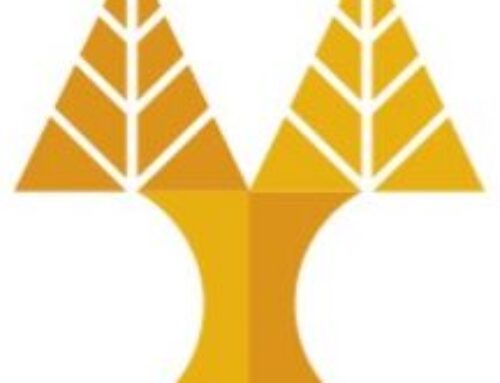Congratulations to Dr Petr Pyšek – recipient of the International Biogeography Society’s 2021 Alfred Russel Wallace Award!

Dr. Petr Pyšek is a Professor of Ecology at the Institute of Botany, Czech Academy of Sciences. As one of the most important invasion ecologists globally, his research has contributed greatly to the development of research on many of Wallace’s interests, particularly in the area of biogeography.
Since the mid 1970s, Dr. Pyšek has published numerous insightful and foundational papers on biogeographic, ecological, and evolutionary aspects of plant invasions in major journals.
He is a towering figure in plant invasion biology and biogeography, contributing important articles at a staggering clip, with an outstanding >380 publications in indexed journals (including TREE, Science, PNAS, Nature and Ecology). He is editor of 25 books and journal special issues, and author of more than 70 book chapters. His work reached over 50,000, according to Google Scholar. It is impossible to publish on species invasions, the massive rearrangement of the biogeography of the earth, without citing Petr’s publications.
Perhaps the key summarizing paper from a biogeographic standpoint is M. van Kleunen, … and P. Pyšek, 2015, Global exchange and accumulation of non-native plants, Nature, which depicts, continent by continent how many species entered each continent in historical times, and which continents they came from. The data and maps in this paper actually quantify Elton’s famous 1958 metaphor for the biogeographic rearrangement of the earth – the water tanks of different size connected by tubes of different size. Dr. Pyšek started this highly successful GloNAF project (Global Naturalized Alien Floras, www.glonaf.org) and was a driving force behind the Nature study.
Dr. Pyšek’s interest is the various facets of this global biogeographic rearrangement: the patterns, the processes leading to, and the impacts of invasive species (especially plants) at the community and population levels. To this end, he has studied how particular plant species in their native and invaded ranges (often multiple invaded ranges) interact with coexisting species as well as metrics for characterizing patterns of plant invasion over broad biogeographical regions and types and extent of invasion impacts. Though many of Petr’s publications are the product of working group collaborations of various duration and size, it is possible to discern certain key inputs from him. First is his foundational work on the theory of invasions which is nowadays basic ecology textbook content. Second is his exhaustive knowledge of plant distributional and ecological data and insistence on connecting the models or theories at issue to relevant data. Third is consistent attention to the scale-dependence of patterns as well as model predictions. And fourth is a global overview, as witnessed by the many papers assembling and using global or continental databases often mobilizing unique data (e.g., just in the past few years, not only van Kleunen et al., Nature 2015, but also Barney et al., Ecology and Evolution 2015; Blackburn et al., GEB 2016; Capinha et al., Div Distr 2017; Seebens et al., Nature Communications, 2017; Liebhold et al., Scientific Reports, 2018; Essl et al., AoB Plants, 2019).
In biogeographic journals alone, Petr has published six papers in the Journal of Biogeography, 18 in GEB and 27 in Diversity and Distributions. Pointing to certain recurrent themes, however, does not do justice to the scope and quality of Petr’s research. Even if one were to discount work focusing primarily on the themes just listed, there would be over 100 important publications on invasions in Petr’s oeuvre; many are field-based studies focused on particular noteworthy invasive plants in particular places: Phragmites, Heracleum mantegazzianum, Impatiens glandulifera, Fallopia, etc. And even this tally does not include several dozen papers on the ecology of particular plants species and communities unrelated to invasions.
Above and beyond his specific research contributions, Petr has been one of a small group of senior plant ecologists who have made plant invasions a major part of modern ecology and a well-recognized topic within biogeography. Since 2004, Petr has headed the Department of Invasion Ecology in the Czech Academy of Sciences, and nurtured many younger European scientists who have become prominent researchers. He serves as Editor-in-Chief of Preslia and Associate Editor of Biological Invasions and Neobiota, and he served in that role for Diversity and Distributions for 18 years.
We are honoured to have Dr. Petr Pyšek as the 2021 Alfred Russel Wallace awardee.






